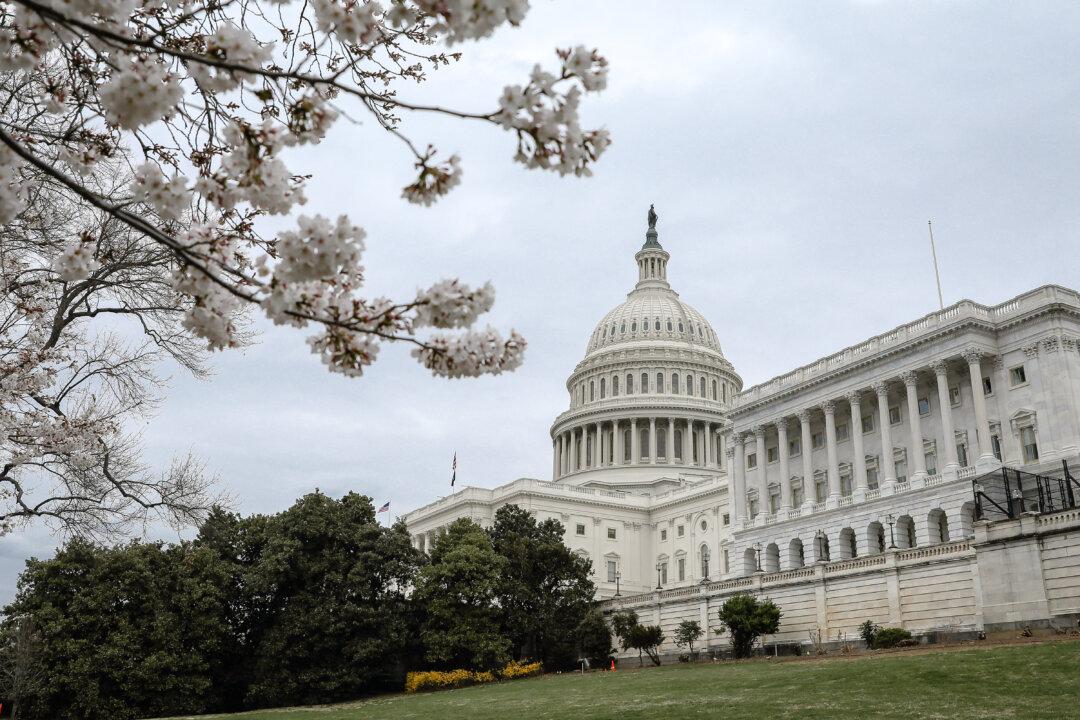Congressional staff aides are rarely in the public eye except during televised committee hearings, when they occupy seats behind the senators and representatives, handing helpful notes and important documents to the lawmakers as they cross-examine witnesses.
They may be obscure to taxpayers, but Hill aides are among the most influential groups in Washington for shaping the laws of the land. They do the bulk of needed research, draft bills, deal with lobbyists, and script headline-making hearings.





